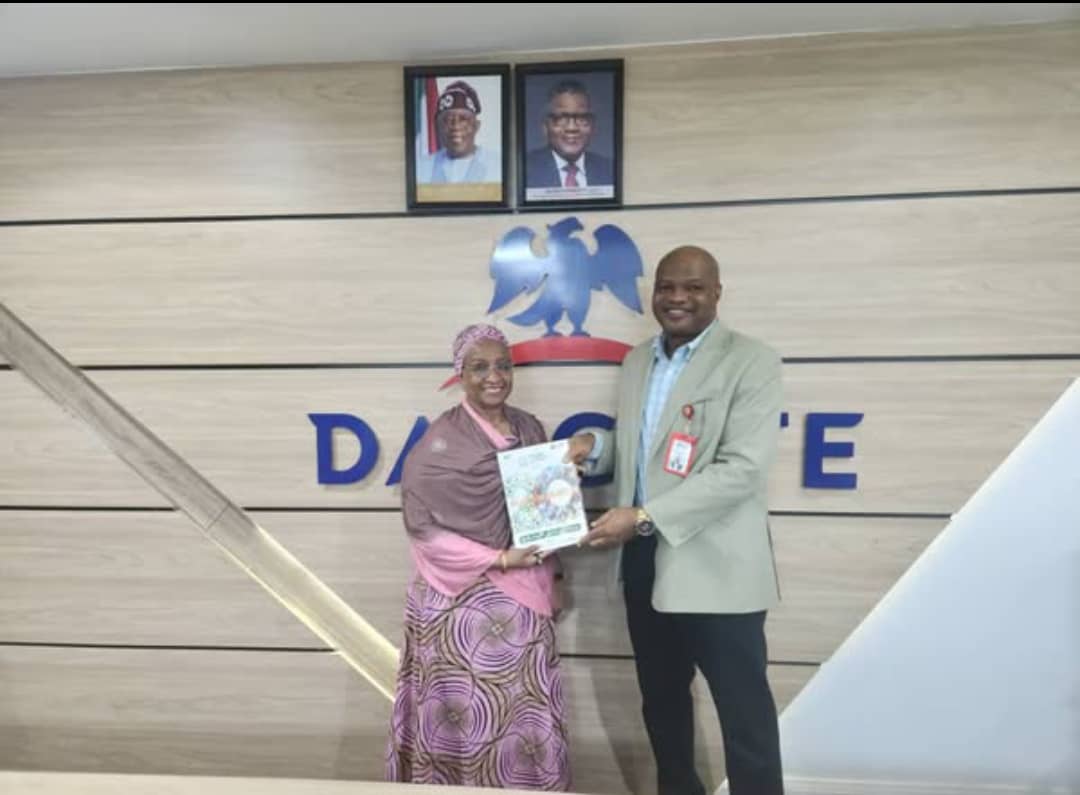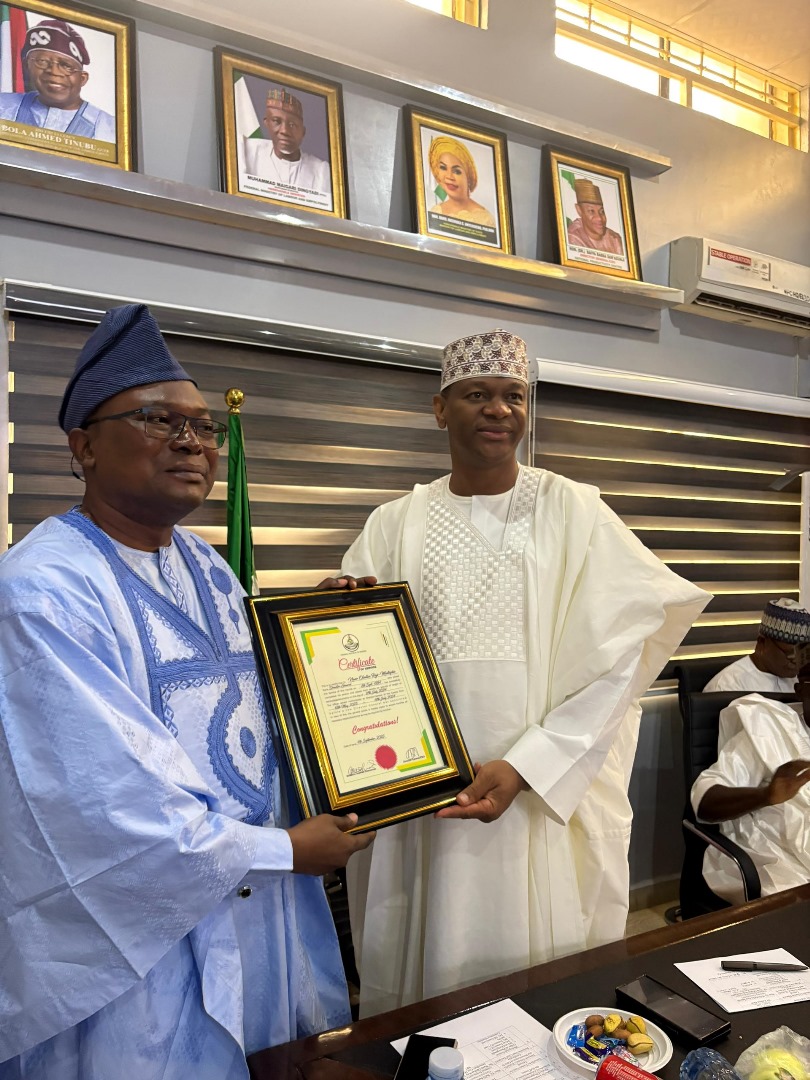
The Budget Office of the Federation has attributed its delay in publishing Budget Implementation Reports (BIRs) since Q2 2024 to its resolve to ensure accuracy and commitment to transparency, during Nigeria’s transition to an extended fiscal framework.
This is contained in a statement from the Budget office of the Federation released on Friday which stated that a full-year 2024 Budget Performance Report will be released by the end of September 2025, alongside consolidated Q1–Q2 2025 reports, after which quarterly publications will resume on schedule.
It said the office is also strengthening monitoring systems and digital integration to guarantee future reports are timely, credible, and of the highest integrity.
“This delay should not be seen as backsliding, but as a reflection of the care taken to ensure accuracy and credibility in Nigeria’s fiscal reporting during an exceptional budget cycle. By the end of September 2025, we will publish the full-year 2024 Budget Performance Report alongside the outstanding Q1–Q2 2025 reports, after which quarterly releases will resume on schedule. Our commitment to transparency, timeliness, and accountability remains unwavering.”
The Budget Office of the Federation which said it notes recent media commentary regarding the delayed publication of Budget Implementation Reports (BIRs) from the second quarter of 2024 to date further reaffirmed its commitment to transparency, accountability, and timely disclosure in fiscal reporting.
Note that the Fiscal Responsibility Act (FRA) requires the Budget Office to publish quarterly BIRs. The office said it acknowledges this statutory obligation and remains committed to both the letter and the spirit of the law: accuracy, timeliness, and credibility in public finance.
“We therefore urge stakeholders to see the temporary delay not as backsliding, but as a reflection of the care taken to ensure accuracy, coherence, and credibility in Nigeria’s fiscal reporting during an exceptional budget cycle”.
The Budget Office said the delay in publication is due to two key factors:
1.Verification and Reconciliation Processes – BIRs are not merely accounting summaries; they integrate expenditure data with physical verification of projects nationwide. These verification missions and reconciliations with implementing agencies took longer than anticipated, given the scale and geographic spread of appropriated projects.
2.Transition to an Extended Fiscal Framework – Even before the extension was formally passed, policy discussions were already pointing toward a lengthened budget horizon. Issuing reports on the old cycle, only to have them overtaken by a revised implementation framework, would have created conflicting datasets and misled stakeholders.
As a result, reporting timelines were temporarily adjusted to preserve coherence and accuracy in fiscal disclosures.
Our Forward Commitment:
To bridge the gap, and restore predictability, the Budget Office is taking the following steps:
I.A provisional Budget Performance Report for FY 2024 will be released by the end of September 2025. This interim publication, based on verified funding commitments, will provide a reliable snapshot of fiscal performance while detailed project-level verification continues through 2025.
II.Beginning with Q3 2025, all BIRs will be published on schedule in line with FRA requirements. For Q1 and Q2 2025, which are already past due, the Budget Office will release consolidated reports alongside the full-year 2024 update, thereby restoring compliance with statutory timelines.
III.The Budget Office is enhancing monitoring systems, deepening collaboration with MDAs, and expanding digital integration of expenditure and project data to ensure future reports are both timely and of the highest integrity.
Our Broader Commitment
The Federal Government remains resolutely committed to:
I.Upholding Nigeria’s credibility with citizens, markets, and partners by publishing credible, accurate data;
II. Restoring timeliness and predictability in fiscal reporting, anchoring the budget process firmly on a January–December cycle;
III. Continuous improvement in fiscal monitoring, transparency, and accountability






